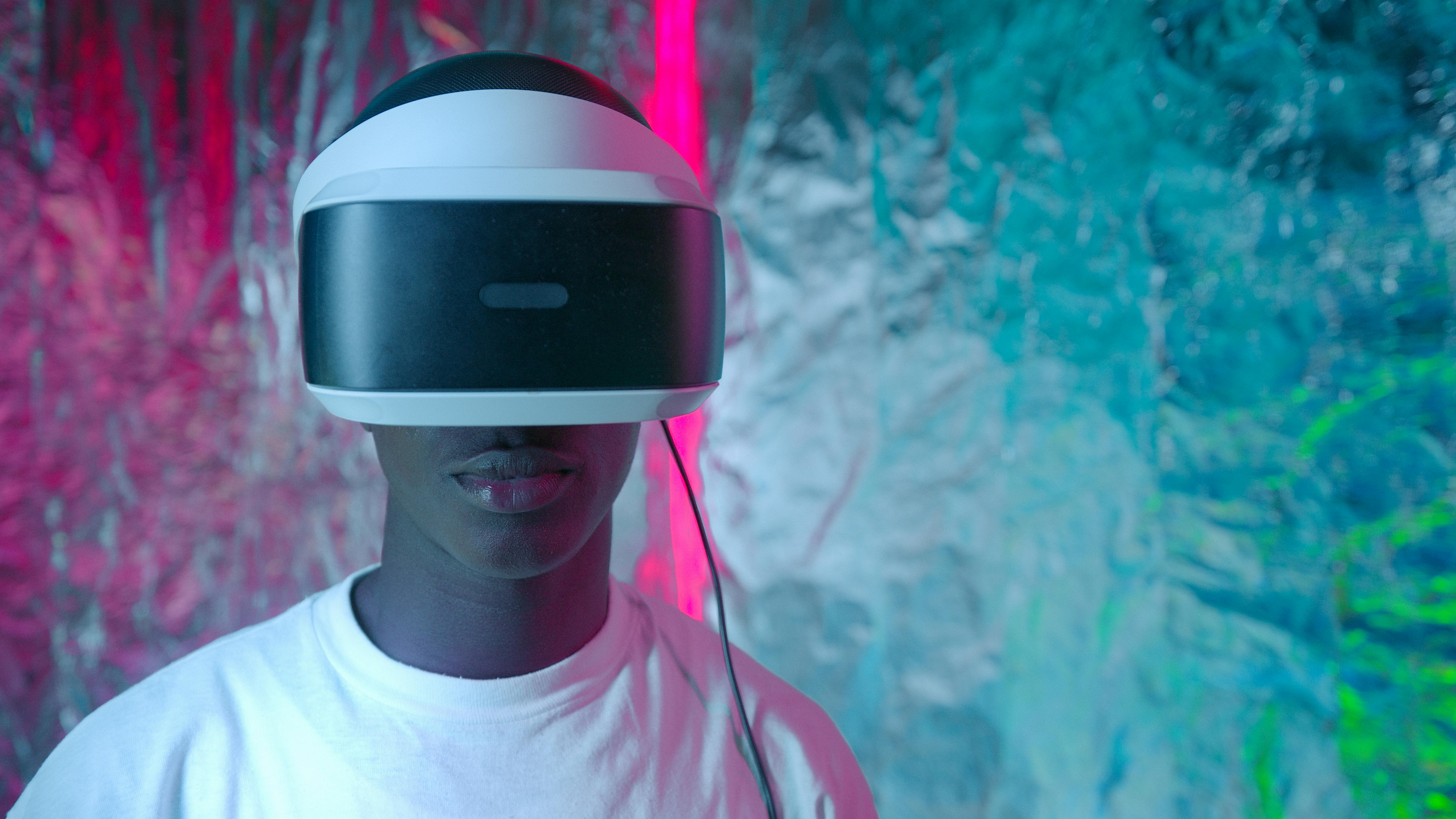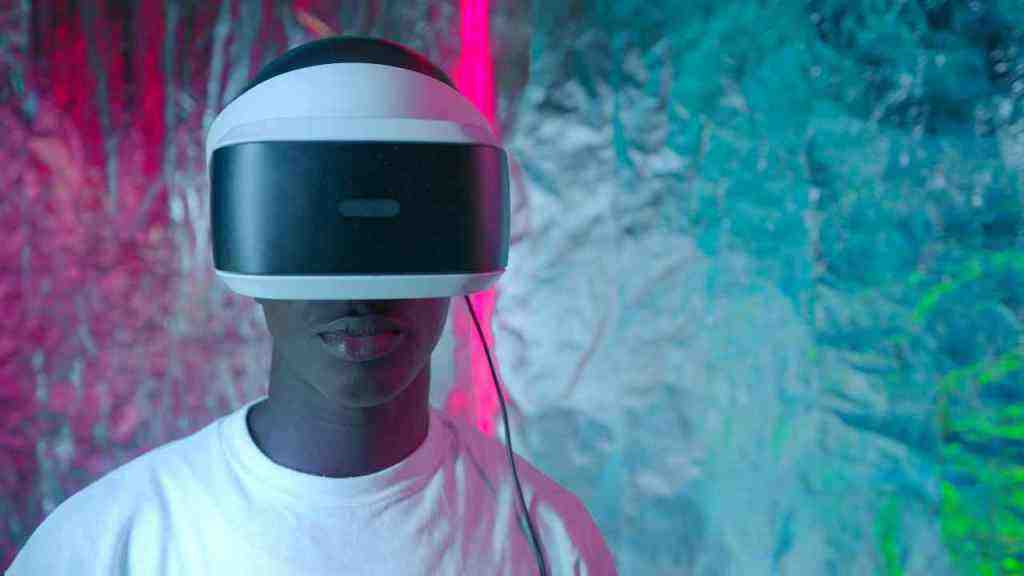AI Agents: The New Co-Pilots Revolutionizing Game Development

The video game industry is buzzing, and it’s not just about the next blockbuster release. A seismic shift is underway, powered by artificial intelligence agents. These aren’t your grandpa’s rudimentary NPCs; AI agents are rapidly becoming indispensable collaborators, reshaping everything from initial concept to final polish. We’re talking about a fundamental transformation in how games are conceived, built, and experienced, moving AI from a background tool to a central player in the creative process. As of 2025, it’s clear that AI is no longer a futuristic concept in gaming—it’s a present-day reality, and its influence is only set to grow.
AI as a Creative Partner: Augmenting Human Ingenuity
Gone are the days when AI was solely relegated to controlling enemy pathfinding or basic NPC routines. Today’s AI agents are sophisticated partners, capable of generating content, assisting with complex design decisions, and even contributing to narrative structures. This symbiotic relationship between human developers and AI is unlocking new levels of creativity and efficiency.
Content Generation at Unprecedented Scale
One of the most significant impacts of AI agents is their ability to generate vast amounts of game content at an astonishing speed. Think entire levels, intricate environmental assets, character models, textures, and even dialogue. This capability drastically accelerates the production pipeline, allowing human developers to focus their energy on higher-level design, artistic direction, and the crucial elements that truly define a game’s soul. A recent survey indicates that 87% of game developers are already integrating AI agents into their workflows, with many reporting that AI is reducing repetitive tasks and driving innovation.
Procedural Content Generation Gets an AI Upgrade
Procedural Content Generation (PCG) has been a staple in game development for years, but AI agents are injecting a new level of sophistication and artistry. AI can learn aesthetic principles and even player preferences, guiding PCG systems to create content that is not only varied but also cohesive and engaging. For instance, AI can analyze thousands of dungeon layouts to understand what makes a level both challenging and enjoyable, then use this knowledge to generate new dungeons on the fly. This means players can experience unique, dynamic worlds every time they play, significantly boosting replayability.
AI-Assisted Level Design and World Building
Designing compelling game levels is a notoriously time-consuming and intricate process. AI agents are now stepping in to assist by suggesting optimal layouts, refining player flow, and populating environments with interactive elements. This not only speeds up development but can also lead to more innovative and balanced level designs. Imagine AI suggesting ways to improve player progression through a complex environment or automatically generating varied enemy placements to keep encounters fresh.
Breathing Life into Characters and Narratives. Find out more about AI agents game development.
AI agents are also making significant inroads into character creation and narrative design. They can assist in generating backstories, writing dialogue, and even crafting dynamic plotlines that adapt to player choices. This opens up possibilities for more personalized and emergent storytelling experiences, where the narrative feels truly responsive to the player’s actions. Ubisoft’s Ghostwriter tool, for example, helps scriptwriters generate numerous NPC dialogue variations quickly, allowing for more dynamic and responsive characters.
Transforming Development Workflows: Speed, Efficiency, and Quality
The integration of AI agents is not just about creative augmentation; it’s fundamentally changing how games are built, leading to faster development cycles, improved quality, and more personalized player experiences.
Accelerated Prototyping and Iteration
The speed at which AI agents can generate and test game mechanics is revolutionizing the prototyping phase. Developers can quickly iterate on ideas, experiment with different gameplay loops, and identify promising concepts much faster than traditional methods allow. This rapid iteration is crucial for refining gameplay and ensuring a polished final product.
Automating the Tedious, Elevating the Creative
Many aspects of game development involve tedious, repetitive tasks, from bug testing and asset optimization to code refactoring. AI agents are increasingly capable of automating these chores, freeing up human developers to concentrate on more creative and strategic work. A recent survey found that 95% of developers believe AI is reducing repetitive tasks in their workflows. This allows teams to allocate more resources to innovation and refining core gameplay mechanics.
Enhancing Quality Assurance and Testing
AI agents can be deployed to rigorously test games, identifying bugs, performance issues, and gameplay imbalances with a speed and thoroughness that human testers find difficult to match. This leads to higher quality final products and a more stable player experience. AI-powered testing and QA are seen as highly promising trends by 36% of developers.
Personalizing the Player Journey. Find out more about AI in video game creation guide.
Beyond content creation, AI agents can analyze player behavior and preferences to dynamically adjust game difficulty, tailor narrative elements, and offer personalized challenges. This creates a more immersive and engaging experience for each individual player, making them feel more connected to the game world. AI can even predict when a player might be struggling and offer assistance, or identify players likely to make in-game purchases and tailor offers accordingly.
Democratizing Game Development
As AI tools become more accessible and user-friendly, they have the potential to lower the barrier to entry for aspiring game developers. Individuals and small teams can leverage AI to achieve results that were previously only possible for large, well-funded studios. This democratization could foster a more diverse and innovative independent game development scene.
Navigating the Challenges: Ethics, Vision, and the Human Touch
While the potential of AI agents in game development is immense, it’s crucial to address the challenges and considerations that come with their integration.
Ethical Implications and Algorithmic Bias
The use of AI in any creative field raises ethical questions, particularly concerning bias in generated content and the potential displacement of human jobs. Developers must be mindful of these issues and strive to create AI systems that are fair and equitable. For example, AI algorithms trained on biased data could inadvertently perpetuate stereotypes in character design or dialogue. Transparency in how AI systems function and robust testing for bias are essential.
Maintaining Artistic Control and Vision
A key challenge is ensuring that AI agents enhance, rather than detract from, the artistic vision of the game. Developers need to strike a balance between leveraging AI’s generative capabilities and maintaining human oversight to preserve the intended artistic integrity. AI should be seen as a powerful assistant, not a complete replacement for human creativity.. Find out more about AI content generation game dev tips.
The Indispensable Need for Human Oversight
While AI can generate content rapidly, human developers remain crucial for curation, refinement, and ensuring that the generated material aligns with the game’s overall design and quality standards. The role of the game developer is evolving, with many becoming “AI wranglers” or curators of AI-generated content.
Technical Hurdles and Computational Demands
Implementing and running sophisticated AI agents can require significant computational resources and specialized technical expertise. Overcoming these technical hurdles is essential for widespread adoption, and ongoing research aims to make these tools more efficient and accessible.
The Future Trajectory: AI-Native Worlds and Hyper-Personalization
Looking ahead, the influence of AI agents in game development is poised to expand dramatically, leading to entirely new paradigms in game design and player experience.
AI-Driven Game Worlds and Emergent Narratives
The future likely holds entirely AI-driven game worlds where environments, narratives, and core gameplay mechanics can emerge and evolve organically based on AI simulations and player interactions. Imagine worlds that truly feel alive, constantly adapting and surprising players with emergent gameplay and storytelling.
Hyper-Personalized Gaming Experiences
AI agents will enable unprecedented levels of personalization, crafting unique gameplay experiences tailored to each player’s individual skills, preferences, and even emotional state. This could lead to games that feel deeply resonant and uniquely crafted for every single player.. Find out more about AI assisted level design games strategies.
AI as a Direct Player Interface
We may see AI agents acting as direct interfaces for players, translating natural language commands into game actions or serving as intelligent companions within the game world. This could revolutionize how players interact with games, making them more intuitive and accessible.
The Rise of AI-Native Game Design
A new paradigm of game design, “AI-native design,” will likely emerge, where games are conceptualized and built from the ground up with AI capabilities at their core, rather than being retrofitted with AI features. This will unlock new design possibilities that are intrinsically tied to AI’s strengths.
Synergy: The Future of Collaborative Development
The most successful game development studios of the future will likely be those that foster seamless collaboration between human developers and sophisticated AI agents, leveraging the unique strengths of both to push the boundaries of interactive entertainment.
Conclusion: Embracing the AI-Augmented Future of Gaming
The integration of AI agents into game development is not a trend; it’s a fundamental evolution. As of 2025, 87% of developers are already utilizing AI, and this number is only expected to climb. We are entering a new era where human creativity is amplified by artificial intelligence, leading to more ambitious, innovative, and personalized gaming experiences than ever before. While challenges related to ethics, artistic control, and technical implementation remain, the potential benefits—from accelerated development and enhanced quality to entirely new forms of gameplay and player engagement—are undeniable.
The future of game development lies in the synergy between human ingenuity and AI. By embracing these powerful new tools responsibly and strategically, developers can unlock new creative frontiers, deliver unforgettable experiences to players, and continue to push the boundaries of what interactive entertainment can be. The journey has just begun, and the possibilities are as vast as the virtual worlds we’re creating.
